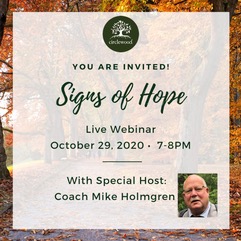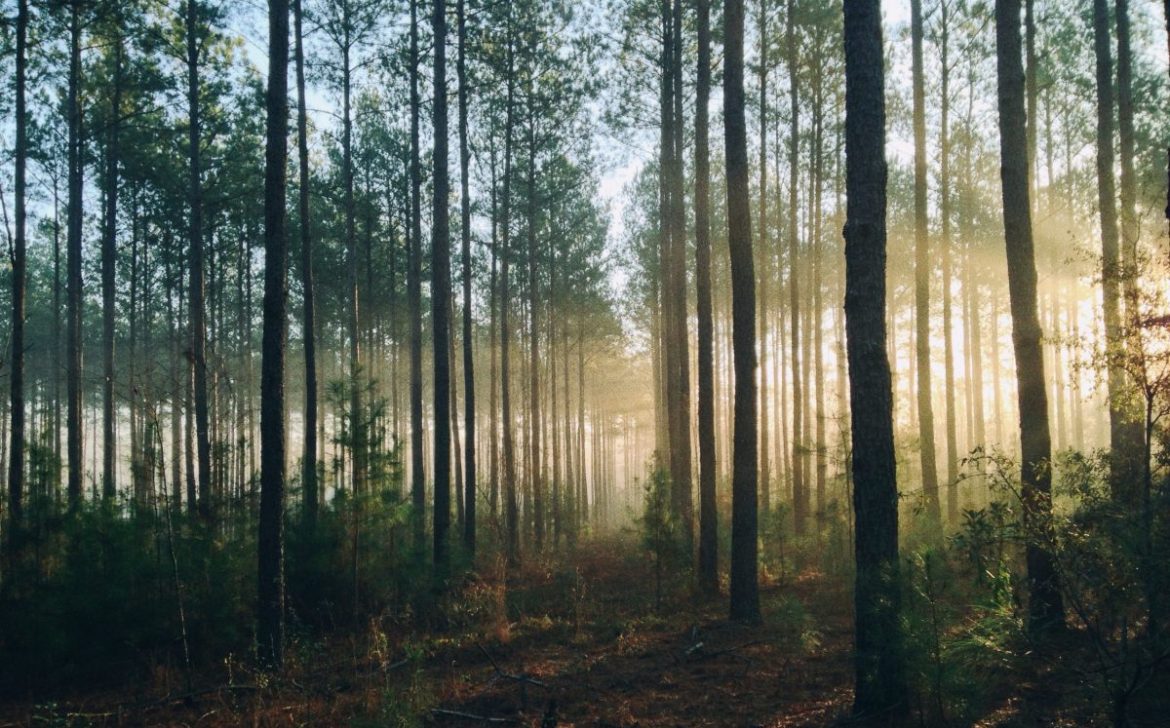by James Amadon
In the midst of shutdowns, protests, and an exhausting election season, it is tempting to lose sight of the larger crisis that is steadily moving us into a very uncertain future: the breakdown of the earth’s natural systems, due in large part to humanity’s unsustainable and destructive way of life. Each week brings fresh evidence of volatile climatic events, pervasive animal and plant species loss, and struggling ecosystems on the verge of collapse.
It is tempting to turn away, but we must face this reality if we are going to, in the language of faith, repent and commit to a different direction. The good news is that more and more people are doing just that; here are three signs of hope.
1. The Growing Movement Away From Fossil Fuels
Fossil fuel has powered the modern world. While we can give thanks for the many benefits and improvements these fuels enabled, we have known for a long time that burning these fuels has slowly covered the earth in an extra blanket of carbon that is warming the planet to dangerous levels. Though many continue to drag their feet in the march towards renewable energy, there are signs that a big shift is underway:
- Eight million people took to the streets last fall for global climate strikes.
- For approximately 40 days this spring, the United States produced more electricity from wind, water, and sun than it did from coal.
- A growing number of cities, banks, universities, and other institutions are redirecting investment funds from fossil fuel to renewables, which are becoming cheaper and more available.
2. The Greening of Everything
More people are beginning to embrace an ecological worldview – the understanding that everything in creation is connected to everything else. This entails moving away from seeing care for creation as optional, or strictly environmental work, and moving towards the recognition that we must “green” everything. There are economists rethinking commerce from a planetary perspective, politicians pushing a “Green New Deal,” professional sports organizations committed to becoming carbon neutral, and community gardens sprouting up everywhere. You do not have to be an ecologist or environmentalist to be part of this movement – you can start right where you are in any aspect of your life and community – green it up!
3. The Rise of Eco-Faith
Driven largely by young people who understand intuitively that following Jesus requires caring for the earth, there is a shift happening within churches and the larger faith community. In her book Grounded, Diana Butler Bass traces the global nature of this shift and sees it as a “spiritual revolution – people discovering God in the world and a world that is holy….a rebirthing of faith from the ground up.” In my work leading Circlewood – a ministry that, like Godspace, was birthed from Mustard Seed Associates – I am regularly approached by young men and women eager to integrate their love for God and the planet into their lives and vocations.
These three signs of hope do not guarantee a better future, but they do offer encouragement in the midst of the current “doom and gloom” news cycles, and can motivate us to be a sign of hope in the corner of creation where God has planted us.
 If you are interested in learning more about these hopeful trends, you are invited to Circlewood’s Signs of Hope webinar on Thursday, Oct. 29. In addition to sharing more good news, we will be honoring Christine and Tom Sine as “Sines of Hope” for their generosity, vision, and legacy of faith. Hope you will join us!
If you are interested in learning more about these hopeful trends, you are invited to Circlewood’s Signs of Hope webinar on Thursday, Oct. 29. In addition to sharing more good news, we will be honoring Christine and Tom Sine as “Sines of Hope” for their generosity, vision, and legacy of faith. Hope you will join us!


